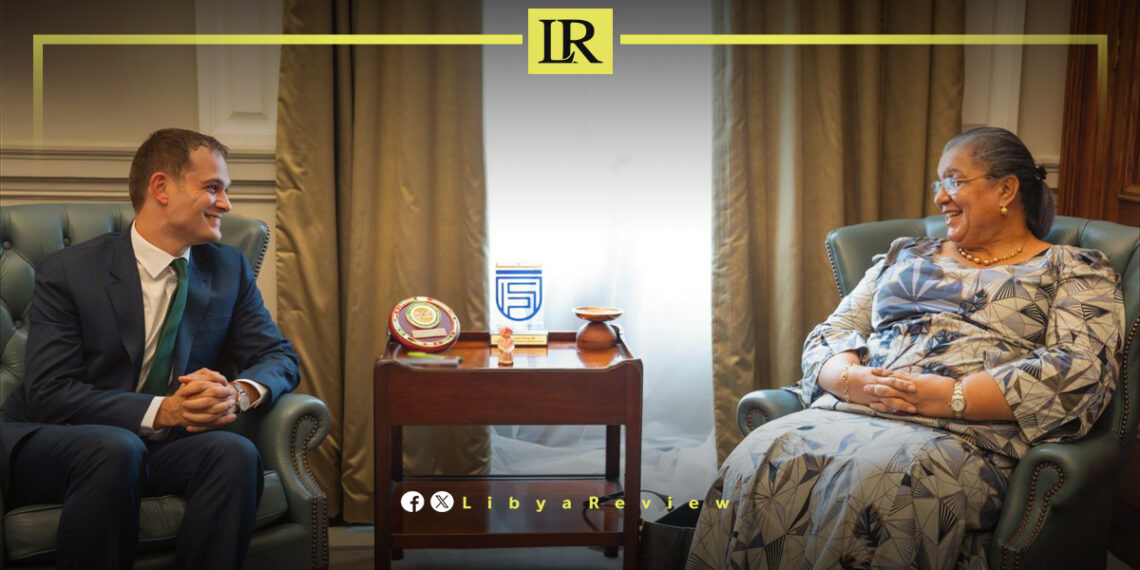The United Kingdom has reaffirmed its commitment to working with international partners to advance a comprehensive and inclusive political roadmap for Libya, aimed at achieving lasting peace and stability in the North African country.
Member of Parliament of the United Kingdom for the Middle East and North Africa, Hamish Falconer, held a high-level meeting with UN Special Representative Hanna Serwaa Tetteh, the Head of the United Nations Support Mission in Libya (UNSMIL), to discuss the latest political developments in Libya and the future of the United Nations-led peace process.
The meeting focused on strengthening collaboration between the UK and the UN to support Libyan-led efforts toward elections and national reconciliation. Falconer emphasized that London remains a steadfast supporter of UN initiatives aimed at resolving the political deadlock and ensuring the full participation of all Libyan stakeholders in shaping the country’s future.
This renewed pledge by the UK comes amid heightened diplomatic activity and international interest in stabilizing Libya’s fragmented political landscape. The UK government continues to call for dialogue, accountability, and respect for Libya’s sovereignty as the country prepares for a long-delayed electoral process.
“The UK is committed to working with global partners in support of an inclusive political roadmap for Libya,” Falconer said in a post shared following the meeting.
The meeting underscores the UK’s ongoing diplomatic engagement in Libya and its backing of UN efforts to foster a peaceful transition and unify Libyan institutions.
Libya has been in chaos since a NATO-backed uprising toppled longtime leader Muammar Gaddafi in 2011. The county has for years been split between rival administrations.
Libya’s economy, heavily reliant on oil, has suffered due to the ongoing conflict. The instability has led to fluctuations in oil production and prices, impacting the global oil market and Libya’s economy.
The conflict has led to a significant humanitarian crisis in Libya, with thousands of people killed, and many more displaced. Migrants and refugees using Libya as a transit point to Europe have also faced dire conditions.
The planned elections for December 2021 were delayed due to disagreements over election laws and the eligibility of certain candidates. This delay has raised concerns about the feasibility of a peaceful political transition.
Despite the ceasefire, security remains a significant concern with sporadic fighting and the presence of mercenaries and foreign fighters. The unification of the military and the removal of foreign forces are crucial challenges.


